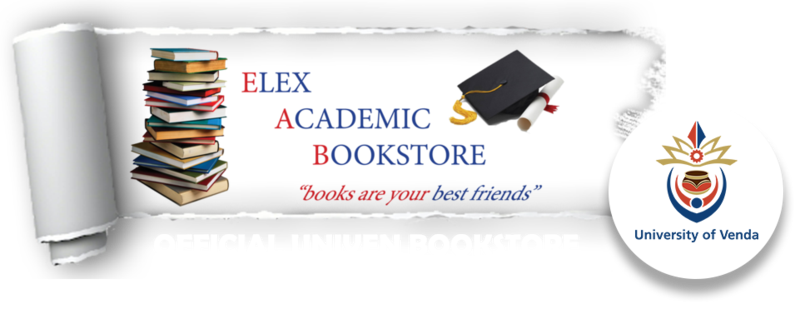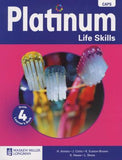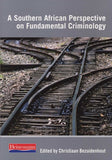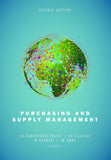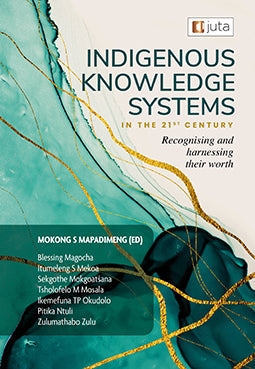
Indigenous Knowledge Systems in the 21st Century: Recognising and Harnessing their Worth
Indigenous knowledge systems in the 21st century: Recognizing and harnessing their worth goes unapologetically against the current of Afro-pessimism that has been a harsh reality for decades under colonial and apartheid control in Africa. In it, like-minded, globally oriented Afrocentric scholars make a cogent case for resuscitating and supporting the indigenous knowledge systems (IKS) of Africa.
| ISBN: | 9781485138945 |
| Publisher: | Juta Publishers |
| Variant: | Printed |
| Author(s): | Mapadimeng, MS (Ed) ,Magocha, B , Mekoa, IS , Mokgoatšana, S , Mosala, TM , Okudolo, ITP, Ntuli, P and Zulu, Z |
| Edition: | 1st Edition |
Content
Part 1: About Indigenous Knowledge Systems
-
Foreword – Sihawukele Ngubane
-
Poem in honour of Itumeleng S Mekoa – Pitika Ntuli
- Chapter 1: Policy And Legislative Frameworks for Indigenous Knowledge Systems In South Africa – Itumeleng S Mekoa and Mokong S Mapadimeng
- Chapter 2: African Naming System: A Case Study of the Bapedi Community in South Africa – Sekgothe Mokgoatšana and Mokong S Mapadimeng
- Chapter 3: Indigenous Knowledge Systems and Industrial Development In Zimbabwe: A Critical Review – Blessing Magocha and Itumeleng Mekoa
- Chapter 4: Indigenous Knowledge Systems for Sustainable Development of Grassroots Communities and Rural Local Government – Ikemefuna Taire Paul Okudolo and Itumeleng Mekoa
Part 2: African Traditional Healing Resources, Practices And Rites
- Chapter 5: Recognising African Traditional Healing and Medicine In South Africa: A Case of the Traditional Health Act 22 of 2007 – Itumeleng S Mekoa
- Chapter 6: What Lies Beneath the Waters? Hidden Healing Treasures – A Preliminary Analysis – Tsholofelo Masetshaba Mosala
- Chapter 7: Water-Based Healing Treasures: An Interview with Mocholoko Zulumathabo Zulu – Interviewed by Mokong S Mapadimeng
- Chapter 8: Challenges of Mourning and Performing Burial Rites among Africans During the Covid-19 Pandemic in South Africa – Itumeleng Mekoa
Part 3: Africa Indigenous Knowledge And Education
- Chapter 9: Advocating African Indigenous Knowledge Systems Amid Dominant Western Scientific Thought and Development – Itumeleng Mekoa
- Chapter 10: Indigenisation of Education Through Indigenous African Languages in South Africa: An Afro-optimistic Perspective – Mokong S Mapadimeng
We Also Recommend
